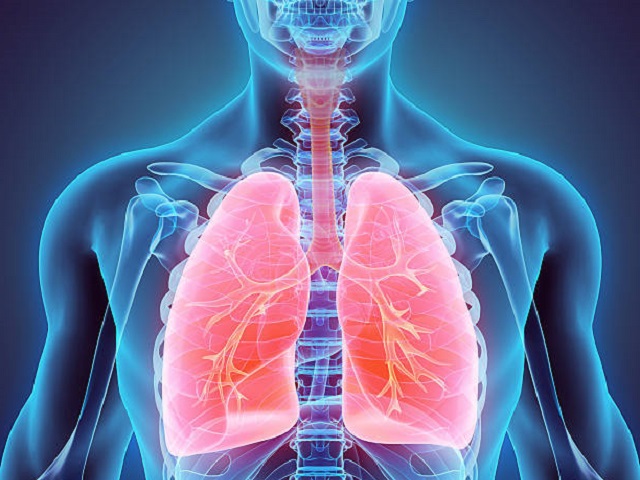9 Signs You May Have Influenza -- Symptoms, Causes, Effects, Treatment and Prevention
Influenza, commonly known as the flu, is a contagious respiratory illness caused by influenza viruses. It is characterized by a sudden onset of symptoms that can range from mild to severe. Influenza is a global health concern, leading to significant morbidity and mortality each year. Understanding the symptoms, causes, effects, treatment, and prevention of influenza is essential in managing the illness and reducing its impact on individuals and communities.
Symptoms of Influenza:
The symptoms of influenza can vary but typically include:
- Fever (often high)
- Cough
- Sore throat
- Runny or stuffy nose
- Muscle or body aches
- Headaches
- Fatigue
- Chills
- Nausea, vomiting, or diarrhea (more common in children)
Causes of Influenza:
Influenza is caused by influenza viruses, primarily influenza A and B viruses. These viruses are highly contagious and can spread through respiratory droplets when an infected person coughs, sneezes, or talks. People can also contract the flu by touching surfaces or objects contaminated with the virus and then touching their mouth, nose, or eyes.
Effects of Influenza:
Influenza can have various effects on individuals and communities, including:
- Illness and complications: Influenza can lead to severe illness and complications, particularly in high-risk groups such as young children, older adults, pregnant women, and individuals with certain medical conditions. Complications may include pneumonia, bronchitis, sinus infections, ear infections, and worsening of chronic health conditions.
- Hospitalizations and deaths: Influenza can result in hospitalizations, especially in individuals with severe symptoms or complications. In severe cases, it can also lead to death, particularly among vulnerable populations.
Treatment of Influenza:
The treatment of influenza aims to relieve symptoms, reduce complications, and prevent further spread of the virus. Treatment options may include:
- Antiviral medications: Prescription antiviral drugs, such as oseltamivir (Tamiflu) or zanamivir (Relenza), can be used to reduce the severity and duration of symptoms. These medications are most effective when started within the first 48 hours of symptom onset.
- Symptomatic relief: Over-the-counter pain relievers, fever reducers, cough suppressants, and decongestants can help alleviate symptoms and improve comfort. Rest, hydration, and maintaining good respiratory hygiene are also important.
Prevention of Influenza:
Preventing influenza is key in reducing its spread and impact. Prevention strategies include:
- Annual vaccination: Getting a seasonal influenza vaccine is the most effective way to prevent the flu. Vaccination is recommended for everyone aged six months and older, particularly high-risk individuals.
- Good hygiene practices: Practicing good hand hygiene by washing hands frequently with soap and water or using alcohol-based hand sanitizers. Covering the mouth and nose when coughing or sneezing, preferably with a tissue or the elbow, and avoiding close contact with sick individuals can also help prevent the spread of the virus.
- Stay home when sick: Individuals with flu-like symptoms should stay home, rest, and avoid close contact with others to prevent the transmission of the virus.
References:
Centers for Disease Control and Prevention. (2022). Key facts about influenza (flu). Retrieved from https://www.cdc.gov/flu/about/keyfacts.htm
World Health Organization. (2020). Influenza (Seasonal). Retrieved from https://www.who.int/news-room/fact-sheets/detail/influenza-(seasonal)


















